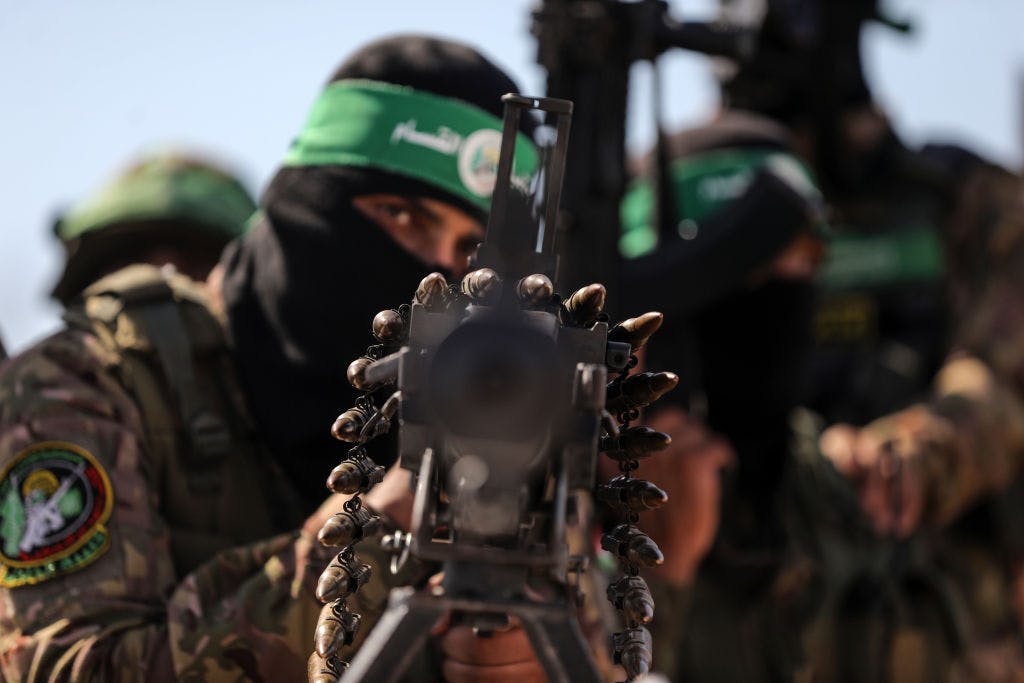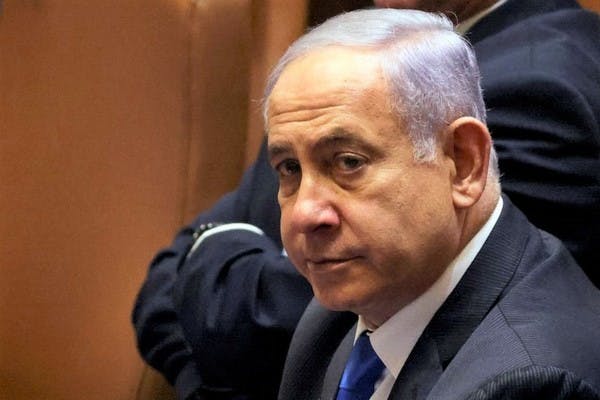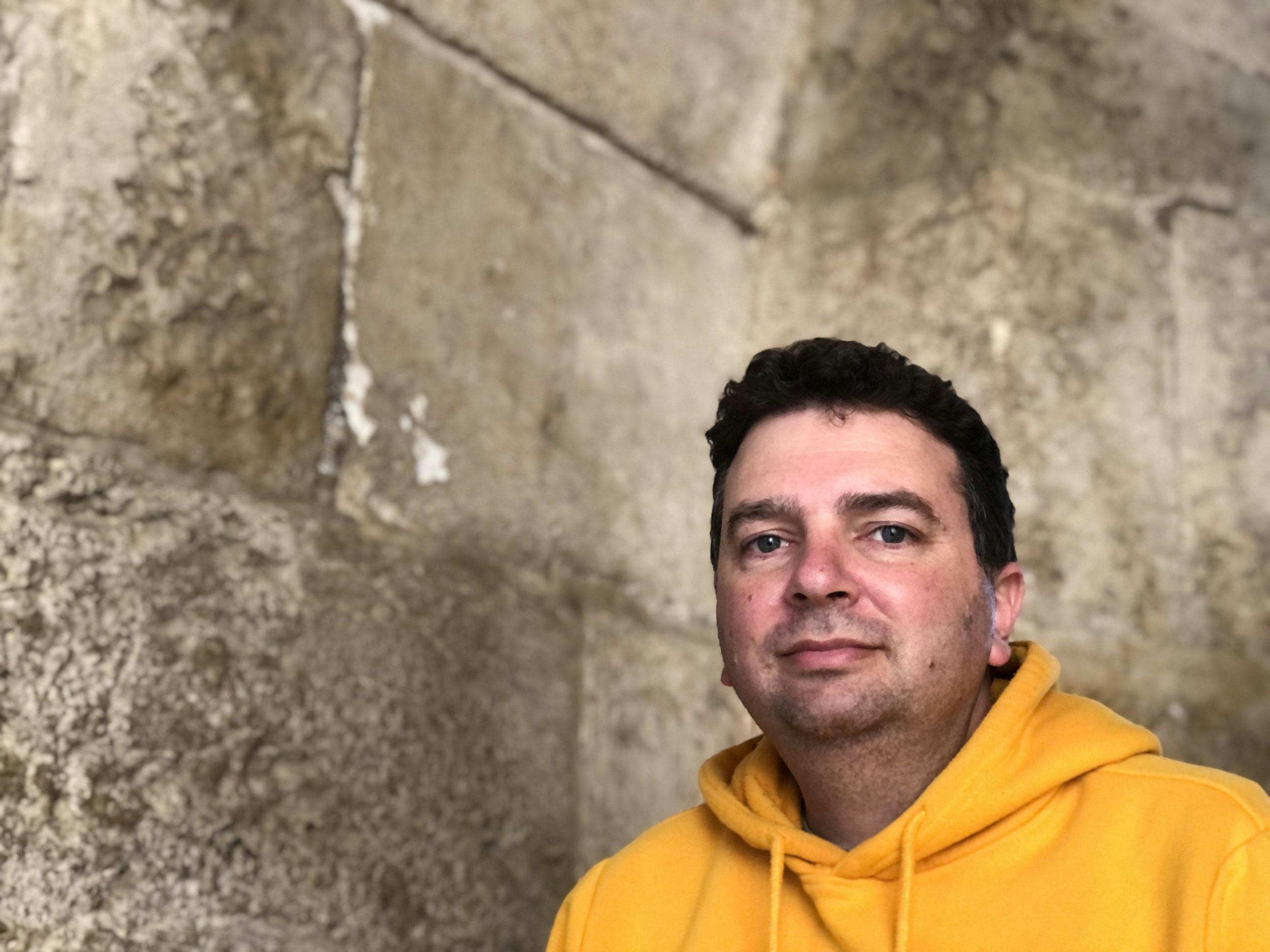Published: 3 April 2024
Last updated: 2 April 2024
Even before Israel had negotiated for the release of any hostages held by Hamas in Gaza, Dr Efrat Baron-Harlev was preparing to receive them.
As director of the Schneider Children's Medical Centre in Petah Tikvah, she established a facility dedicated to receiving mothers and children traumatised by their time in captivity.
Baron-Harlev was recently awarded a Medal of Distinction from the Peres Centre for Peace for her remarkable work with the released hostages, which required developing methods and models that did not exist in professional literature.
When we meet in her hospital office, she is wearing a yellow ribbon, the symbol of solidarity with the hostages and demand for their release. She says she cannot stop thinking about the remaining Israeli captives in Gaza.
She knows from her contact with the returned hostages how traumatising the experience of captivity can be. She is the first contact point for 26 returned hostages: 19 children, six mothers and a grandmother.
With the Health Ministry, Baron-Harlev developed protocols for welcoming back the hostages. They decided children should not be separated from their mothers and set up a separate specially designed section of the Children’s Medical Centre to provide privacy for the returned families. All medical evaluations were also away from other patients with a dedicated staff.
“We had no idea what to expect so we had to plan for everything,” said Baron-Harlev.
Staff were instructed not to touch hostages before asking permission, and to be sensitive to specific sounds and lights, assuming the hostages that been held underground for seven weeks.
Treatment did not end when the hostages were released from the hospital. The Schneider team keeps in touch with all of them, sending them regular messages offering support and responding to requests for help.
On top of the trauma of their captivity, most are also processing grief for family members and neighbours who were killed and for the loss of their communities, homes and possessions.
“One thing you need to remember about these people, is that almost every hostage family is also a bereaved family,” said Baron-Harlev.
“Many still don’t have homes, so the place they have returned to is new to them. They are all very strong people, and like all Israelis are struggling to lead normal lives at this time, but for them the struggle is so much more.”


Baron-Harlev has also had to deal with managing the hospital under war conditions.
“On October 7, I needed to quickly reorganize the entire hospital to move all essential services to the ground floor which is bomb proof,” she said.
One dilemma she has faced since the war began is where to perform surgeries. While most of the patients have been moved to the ground floor which also doubles a bomb shelter, the operating theatre is on the fourth floor which is not protected from Hamas rocket attacks.
“Should there be a rocket siren, the doctors can’t just leave the room with the patient open, so I had a big dilemma in what to instruct them to do. Ultimately, I decided that despite the risk to doctors’ lives of staying in an unfortified room during a rocket attack, it is more important to continue performing all our surgeries as required. However, if a war starts from the north, we will have to make a new risk assessment to how and where we do surgeries. I don’t know many other hospital directors in the world that face such dilemmas.”
Despite the increased tensions between different segments of the population in Israel at this time, Baron-Harlev is proud that Schneider remains a place where different segments of Israeli society interact. More than a third of the staff is Muslim and the hospital has patients from Haredim to secular Israelis to Israeli Arabs.
She is also conscious of the dire situations of hospitals in Gaza and said she reached out to two hospitals in Gaza to offer support, suggesting they might transfer their most ill patients to Schneider, but never heard back from either.
Like many Israelis, October 7 has hardened her attitudes to the conflict. She said in the past she had often observed wrong on both sides but in the case of the current war following the horrors of October 7, no one can blame Israel for anything happening in Gaza. It is all the fault of Hamas. “This is the first time I have felt this way about any war,” she said.





Comments
No comments on this article yet. Be the first to add your thoughts.